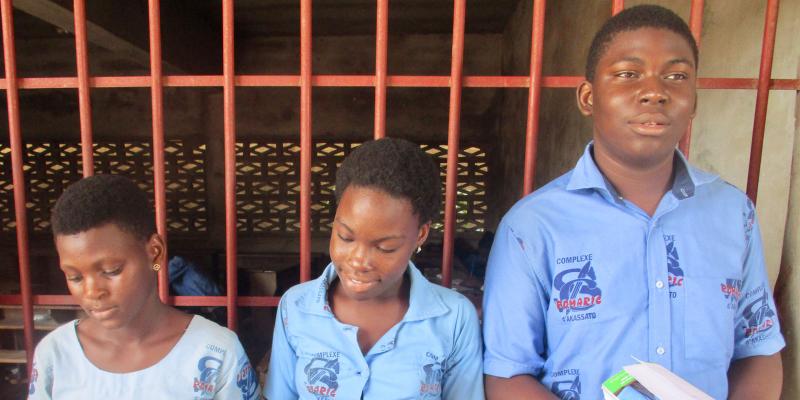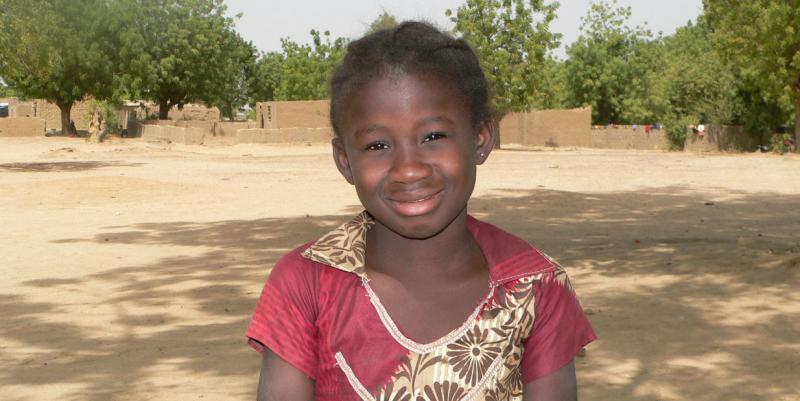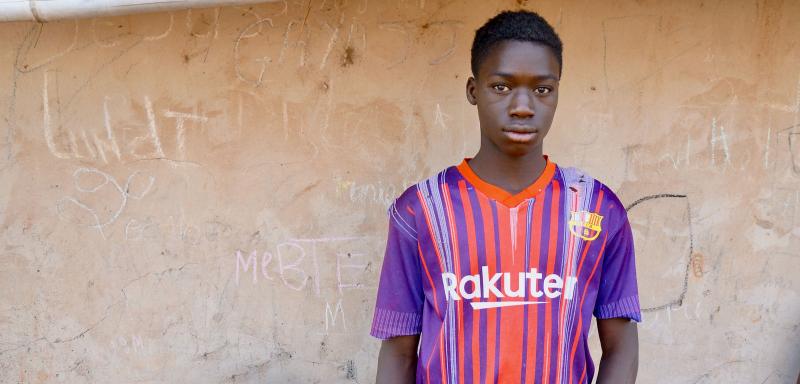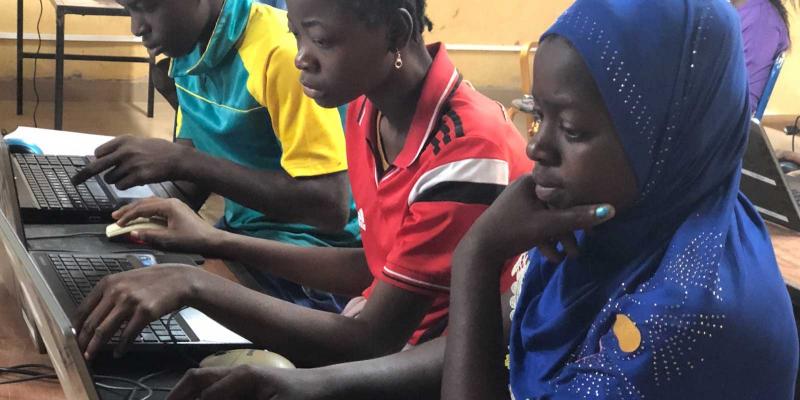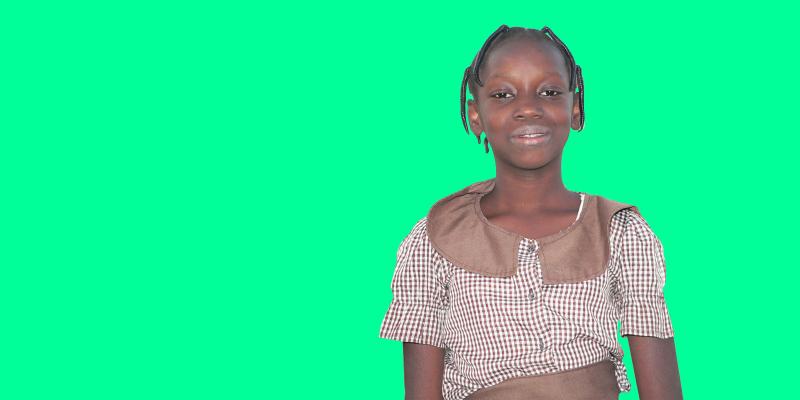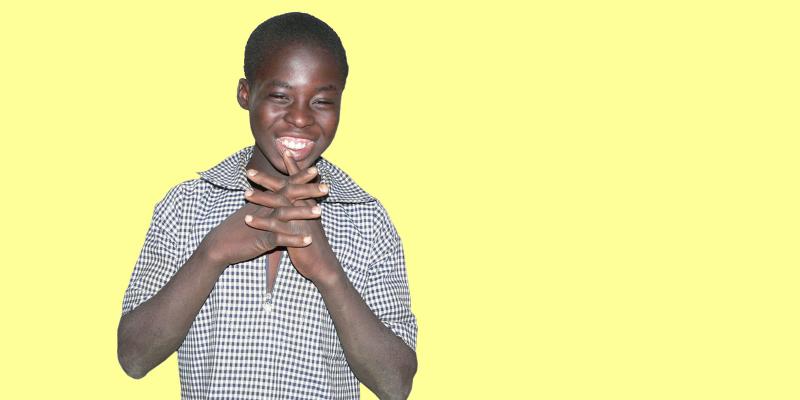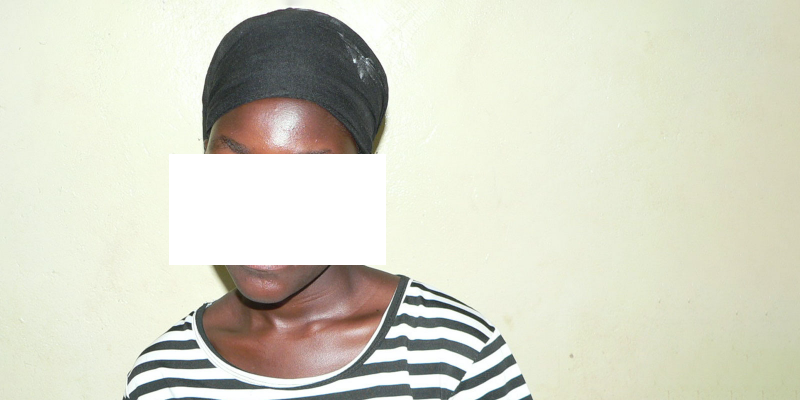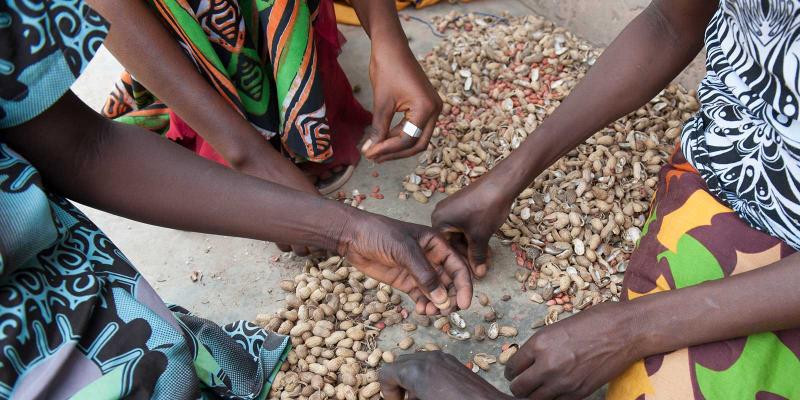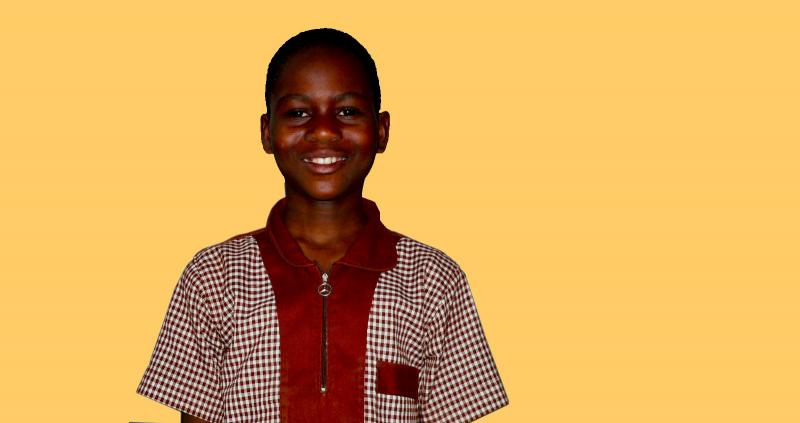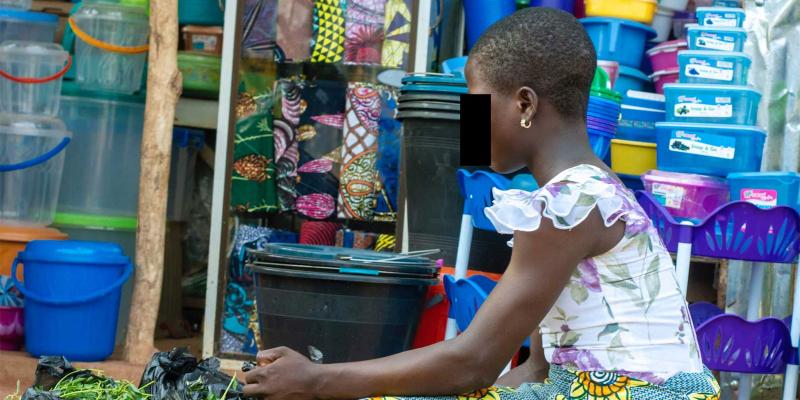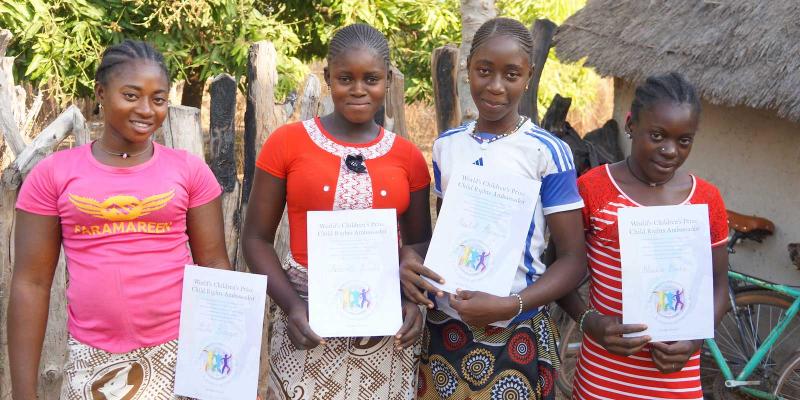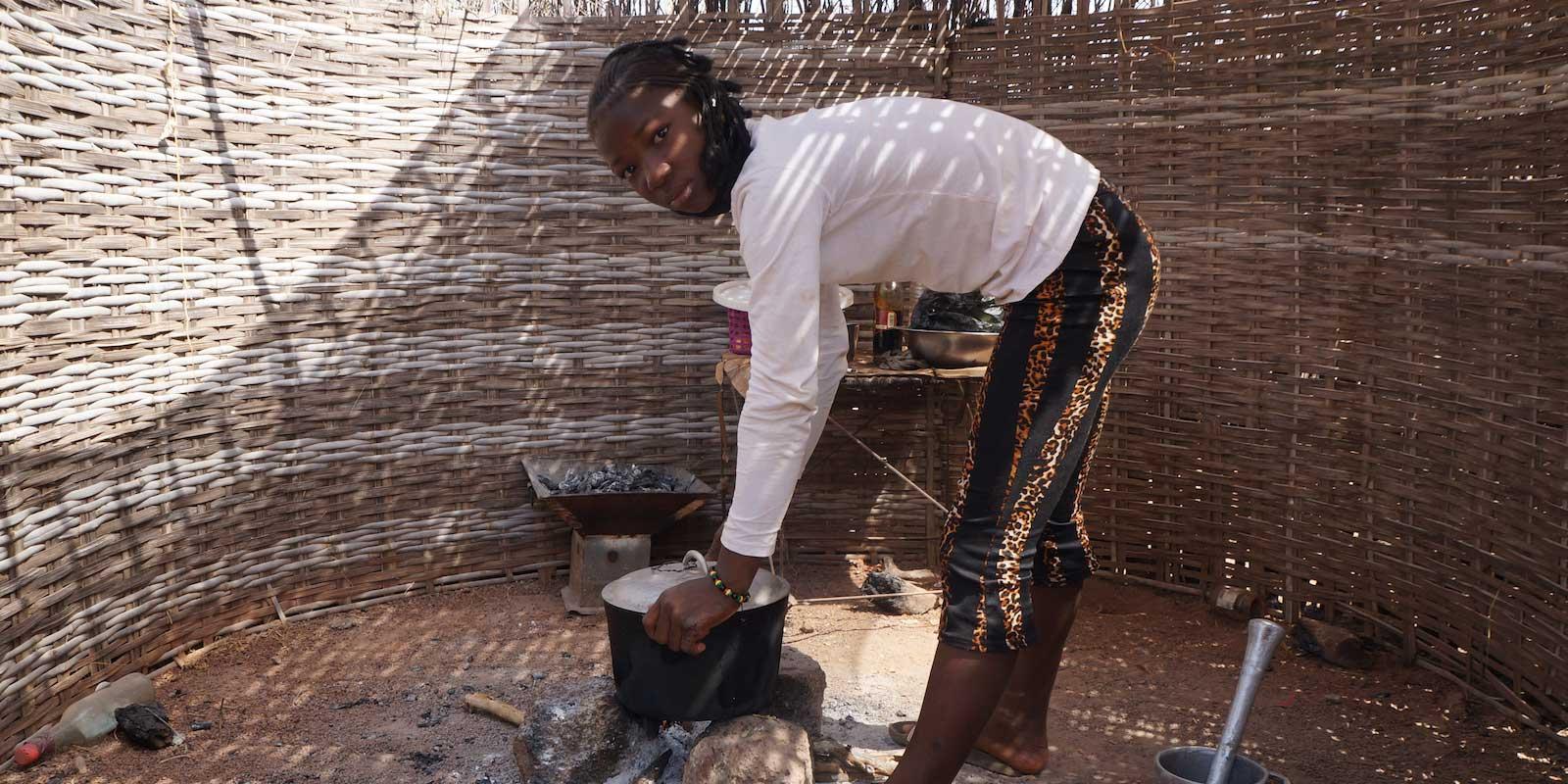
“I want our parents to understand that us girls have the right to speak and express ourselves freely about things that affect us,” says Djiba. Djiba’s birth was never registered. She has been subjected to female genital mutilation, has to work hard doing household chores and her right to be heard is not respected.
Ever since the World’s Children’s Prize Program came to Djiba’s village in Senegal she has been an active member of the Child Rights Club, and of the club’s group where children can share their experiences of violations of their rights. Djiba and her friends listen. They then tell the local leaders at school and in the village, and try to find a solution that is good for the child.
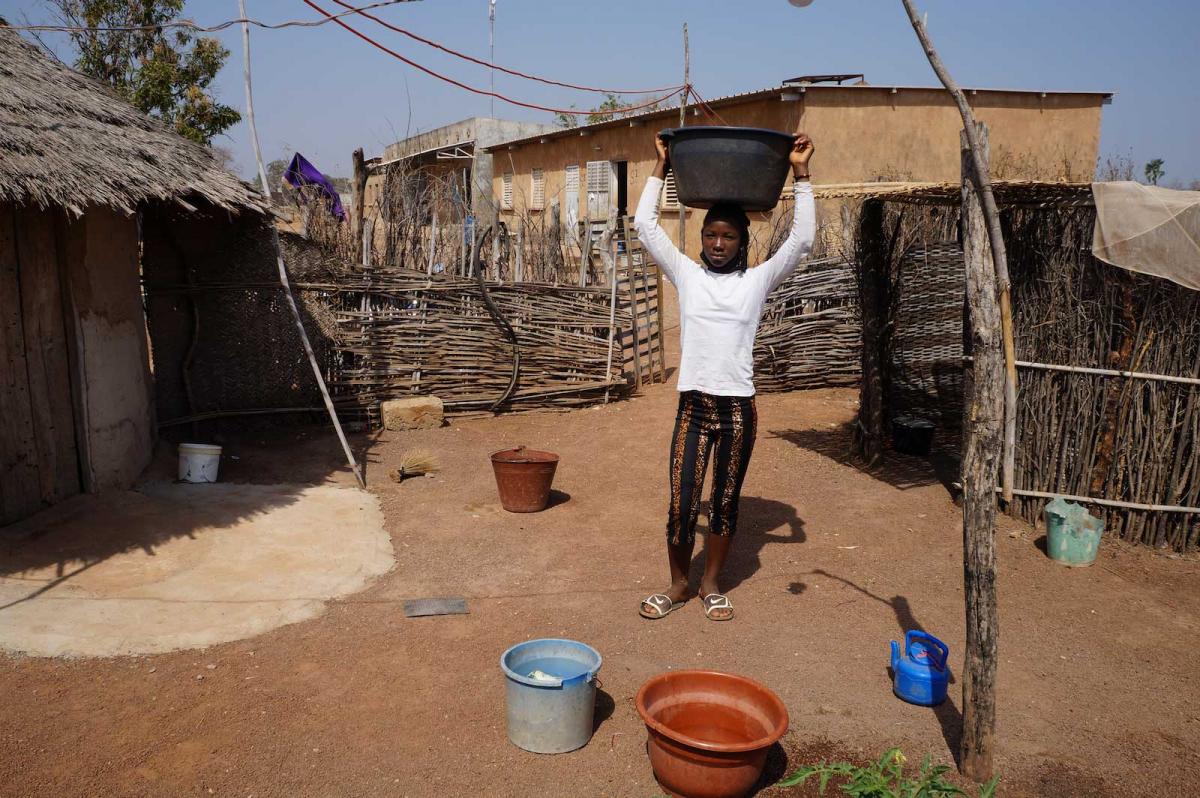
“I lost my mum when I was seven years old and I now live with my dad and his new wife. I’m treated differently to my stepmother’s children, because I’m not her daughter. I do all the household chores, grind millet, maize and peanuts. As soon as I get home from school I have to start making dinner. I have to finish the dishes and washing early to have time to gather wood in the forest and be back home before dusk. If I don’t wash my siblings’ and parents’ clothes, I will be punished.
“I really like going to school, because I can forget about all the housework there and rest. Last year I missed the exams, but this year I’m going to do my best to succeed, because I want to be a teacher like our head teacher.”
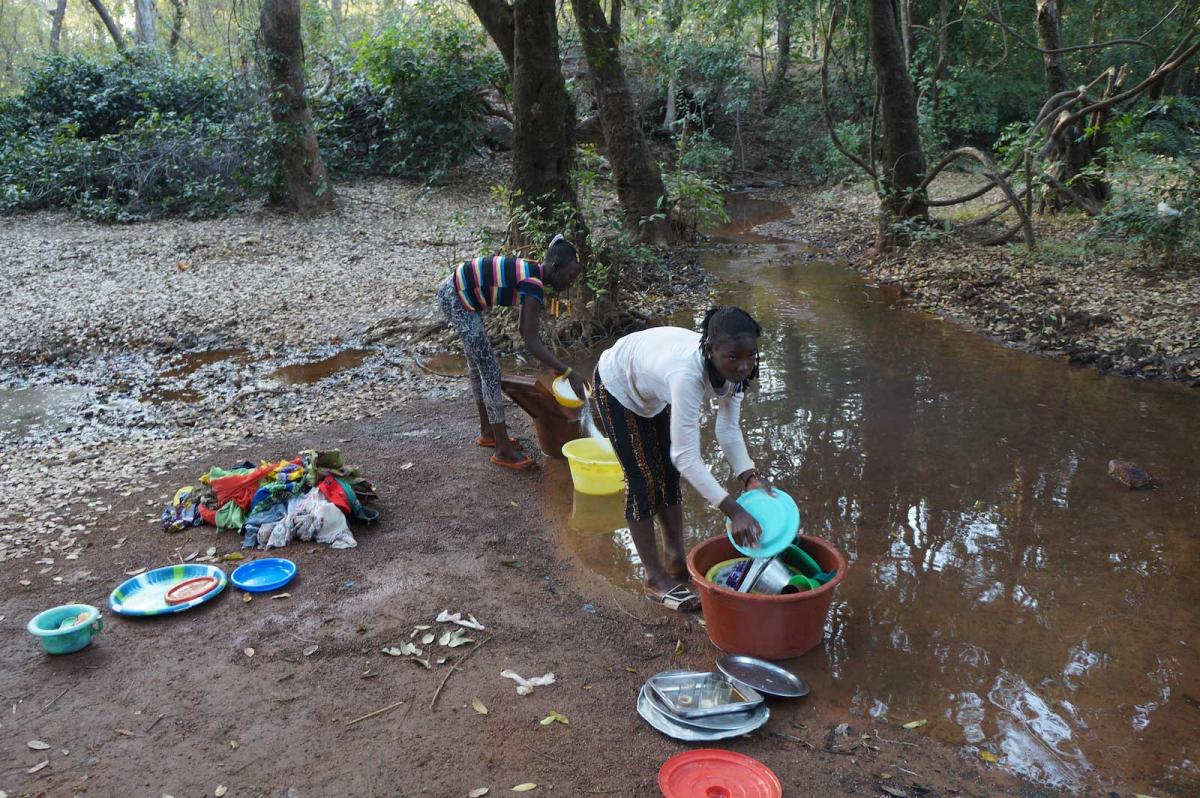
Dangerous journey
“We have relatives both here in Senegal and in our neighbouring country Guinea. When I was nine years old, we were planning to go to Guinea for the summer holiday as usual. I had no idea what was waiting for me that year. When we arrived at the village I met lots of girls of my age.“The next day there was a party in the village, with tam-tam drums and dancing. My aunt took me into a hut where there were three women waiting. They’re called ‘cutters’.
“I think it’s done for the parents’ honour, so they can find a husband for their daughter, and that’s why we’re subjected to female genital mutilation. If you haven’t been cut, you can’t join in preparing food at parties and ceremonies; it’s like you’ve shamed your family and you won’t be respected. Most girls my age in our village have been cut. But I don’t think it’s at all normal to do this to us girls. Some girls become ill when they get home. Many find it hard to walk and sit. Sometimes girls die. We’re taken to Guinea because in Senegal the parents can be arrested by the police if they find out they’ve subjected their daughters to female genital mutilation.”
The right to speak freely
“I think our parents should be aware of children’s rights so we can put a stop to female genital mutilation and solve other problems. For example, children have the right to say what we think and be listened to. Adults don’t listen to children here, and girls in particular have no right to speak up. I want my parents to understand that I have the right to speak freely. If the adults don’t let us children say what we think, then we just do what we’re told, like a flock of blind sheep.“I want to carry on studying so I can help girls and women have better lives and be involved in making decisions. A girl shouldn’t be forced to marry a man that she hasn’t chosen herself.”
Djiba, 13, Child Rights Ambassador, Senegal
Related stories
Långgatan 13, 647 30, Mariefred, Sweden
Phone: +46-159-129 00 • info@worldschildrensprize.org
© 2020 World’s Children’s Prize Foundation. All rights reserved. WORLD'S CHILDREN'S PRIZE®, the Foundation's logo, WORLD'S CHILDREN'S PRIZE FOR THE RIGHTS OF THE CHILD®, WORLD'S CHILDREN'S PARLIAMENT®, WORLD'S CHILDREN'S OMBUDSMAN®, WORLD'S CHILDREN'S PRESS CONFERENCE® and YOU ME EQUAL RIGHTS are service marks of the Foundation.



